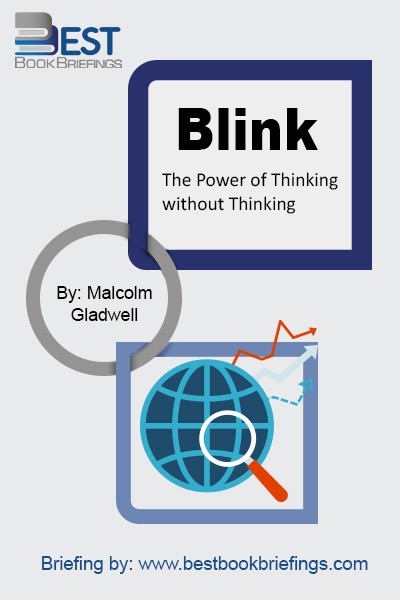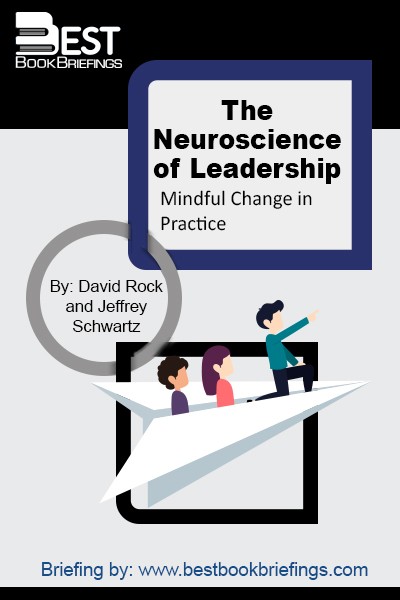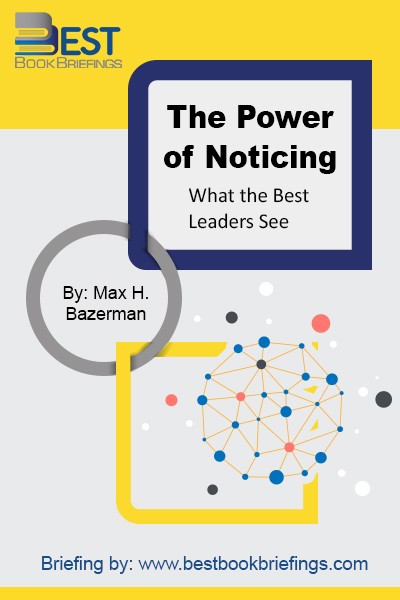The Power of Noticing
What the Best Leaders See
Editorial Review
The role of noticing is deeply rooted in the rapidly evolving field of behavioral decision research. It has diffused to a number of other fields, including behavioral economics, behavioral finance, behavioral marketing, negotiation, and behavioral law. The field is rooted in the concept of bounded rationality and in scientists’ work on the systematic and predictable biases that affect even the best and brightest human beings. Essentially, scientists created a revolution against the standard economic model, which historically assumed that humans were perfectly rational. This literature is the foundation upon which the noticing theory was based. The concept of bounded rationality and the influential field of behavioral economics have largely defined problems according to how we misuse information that is right in front of us. By contrast, noticing concerns our bounded awareness, or the systematic and predictable ways we fail to see or seek out critical information readily available in our environment. blink
Book Reviews
Books on Related Topics

Leadership Presence is the ability to consistently and clearly articulate your value proposition while influencing and connecting with others. All technical capabilities being equal, presence is what sets true leaders apart. However, this book isn’t just about improving your leadership presence on the surface. It’s about taking it deeper and finding

Blink is a book about how we think without thinking, about choices that seem to be made in an instant-in the blink of an eye-that actually aren’t as simple as they seem. Why are some people brilliant decision makers, while others are consistently inept? Why do some people follow their instincts

Businesses everywhere face this kind of problem: success isn’t possible without changing the day-to-day behavior of people throughout the company. But changing behavior is hard, even for individuals, and even when new habits can mean the difference between life and death. So what about changing the way a whole organization behaves?



